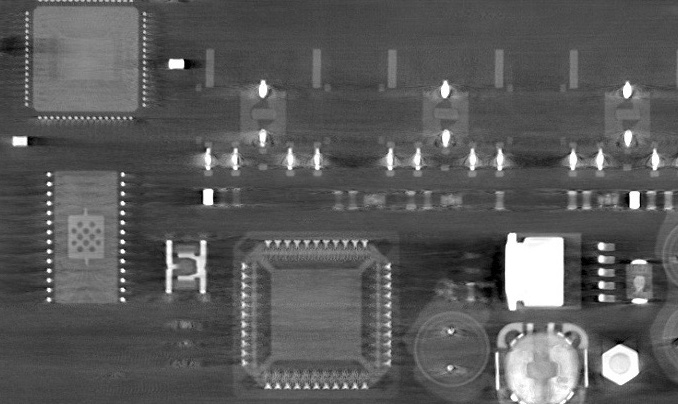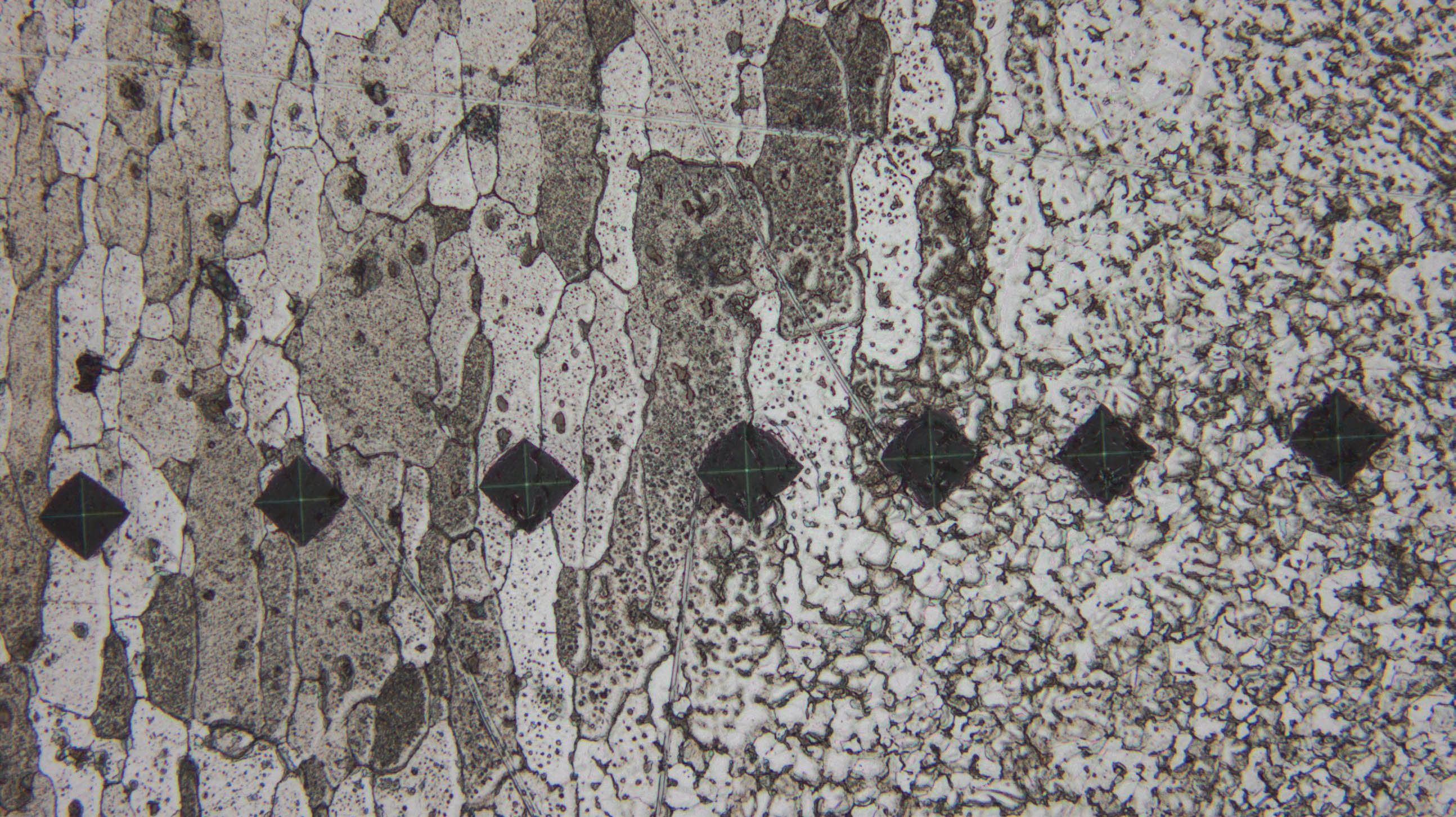Chemical analysis can help you understand the composition of a material and whether it contains any impurities. This can be critical to resolving a production problem, understanding why a component has failed, or finding out how a polymer behaves after a certain process has been applied.
We can choose from a range of analysis techniques to help determine, for example:
- the crystallographic composition of your material or a deposit found in service
- the effect of temperature on the crystallisation of a polymer
- detection of organic compounds, even present in very small quantities
- the compounds present in a material, such as plastics, coatings, resins, etc
- the hardness and reduced modulus of a material after specific treatments have been applied
We collaborate with chemical analysis experts who have worked with industry across a wide range of projects. Examples include determining the presence of contaminant in plastic for medical use, understanding the crystallographic composition of a deposit, and ascertaining the percentage of crystallisation of a polymer after annealing.
Our chemical analysis service
Having selected the optimal techniques to meet your requirements, we will prepare and examine your material. We have an array of specialist facilities, such as:
- X-ray diffraction (XRD)
- chromatography – mass spectrometry (MS)
- energy dispersive X-ray spectroscopy (SEM/EDX)
- differential scanning calorimetry (DSC)
- Fourier-transform infrared spectroscopy (FTIR)
- Proton and Carbon NMR spectroscopy
- nanoindentation
These techniques can be carried out in conjunction with surface metrology, failure investigation and mechanical testing.
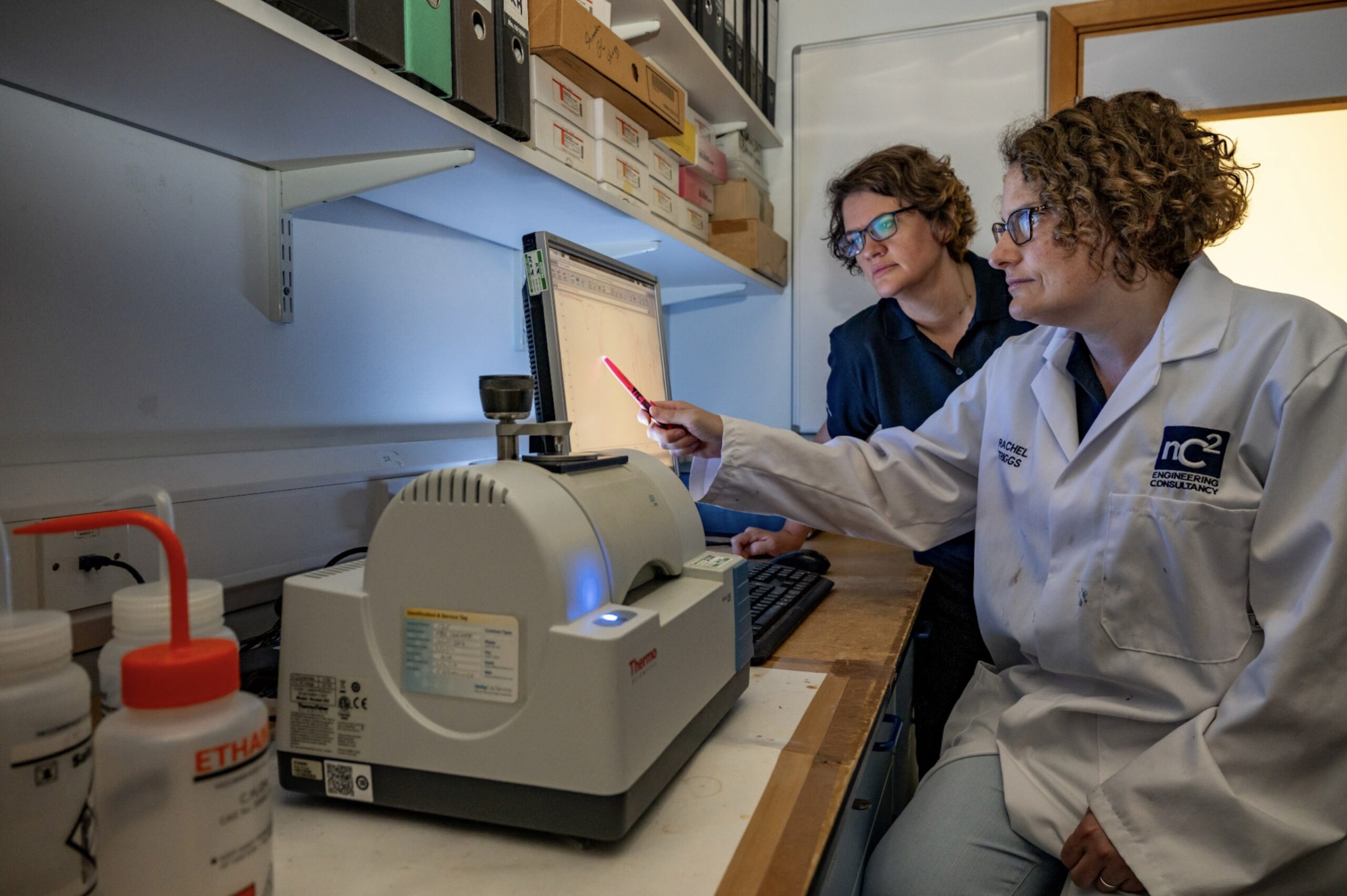
Fourier-transform infrared spectroscopy (FTIS)
Once we have completed our analysis you’ll receive a full report including metrics and expert interpretation. We’ll also be happy to discuss the findings with you.
Meet our chemical analysis experts
Dr Ilaria Corni leads on our chemical analysis projects. A specialist in materials characterisation, she has strong links with other experts within the University who carry out chemical analysis techniques. She also has a wealth of experience in the application of these techniques to industry projects. Find out more about Ilaria.
Contact Ilaria to discuss your requirements
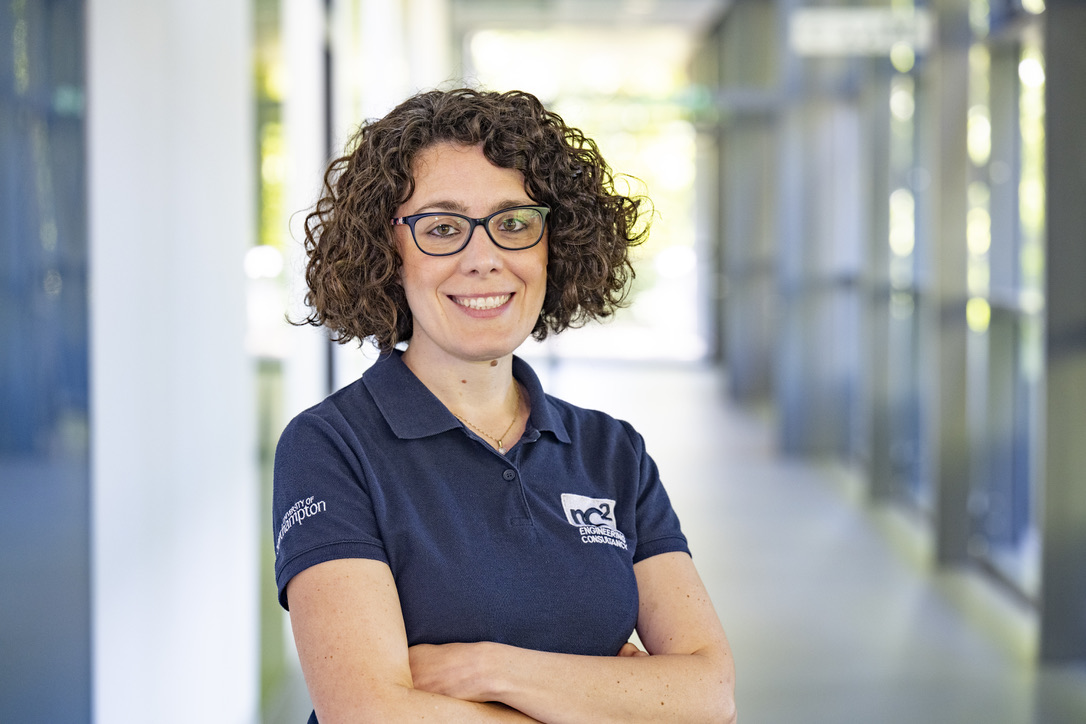
Dr Ilaria Corni
For projects involving polymers we call upon the expertise of Dr Simon Dennington, a materials chemist with a special interest in polymers. Having worked on polymers in industry for over 30 years, followed by research at the University’s national Centre for Advanced Tribology (nCATS), he has the experience and in-depth knowledge to get to the root cause of our clients’ polymer-related issues. Find out more about Simon.
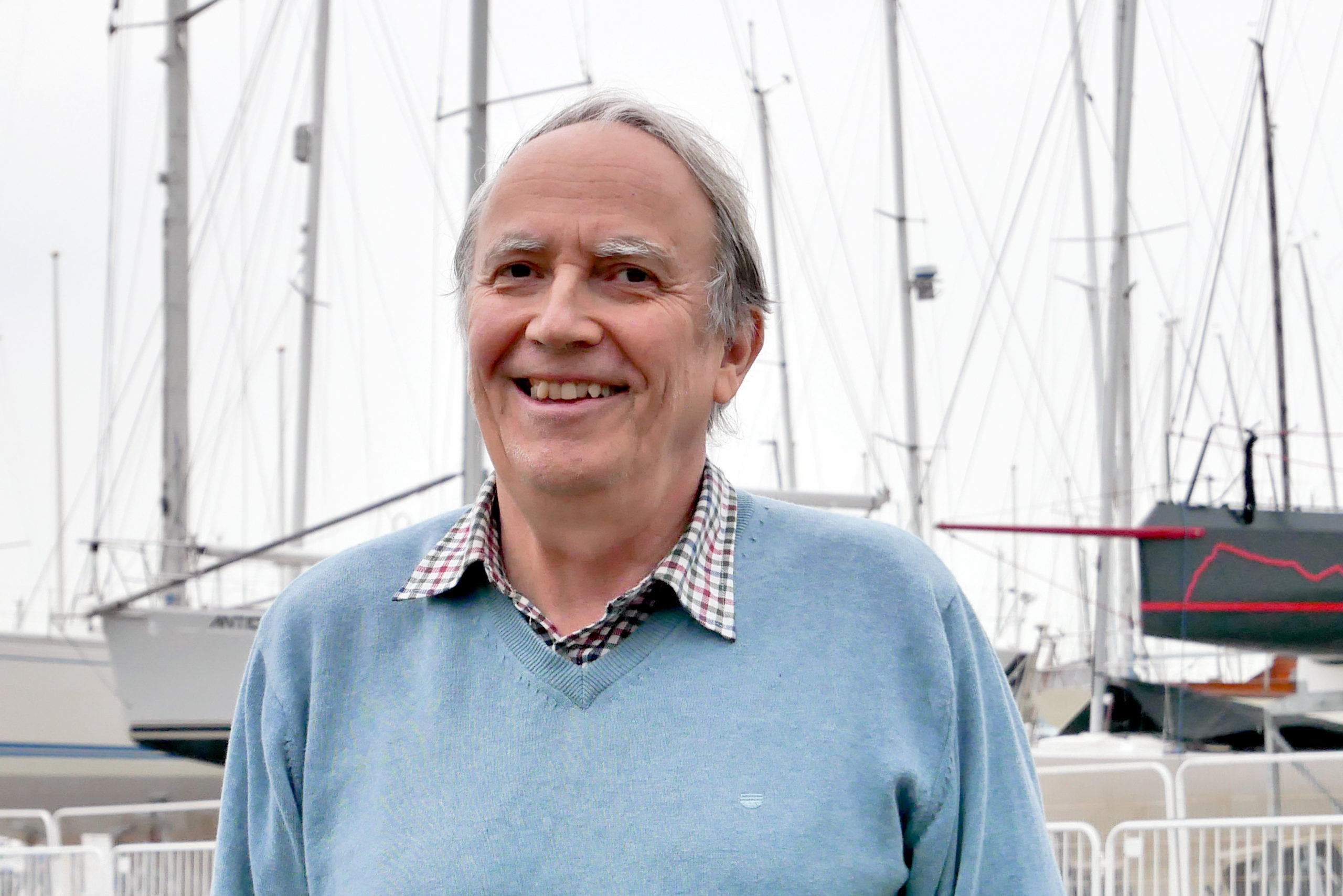
Dr Simon Dennington
Dr Mark Light, Head of the University’s Materials X-ray Diffraction Facility, is our go-to specialist for projects with an XRD element. Our clients benefit from Mark’s expertise, gained over 20 years in this field of materials characterisation, and from the Facility’s suite of state-of-the-art XRD equipment. Find out more about Mark.
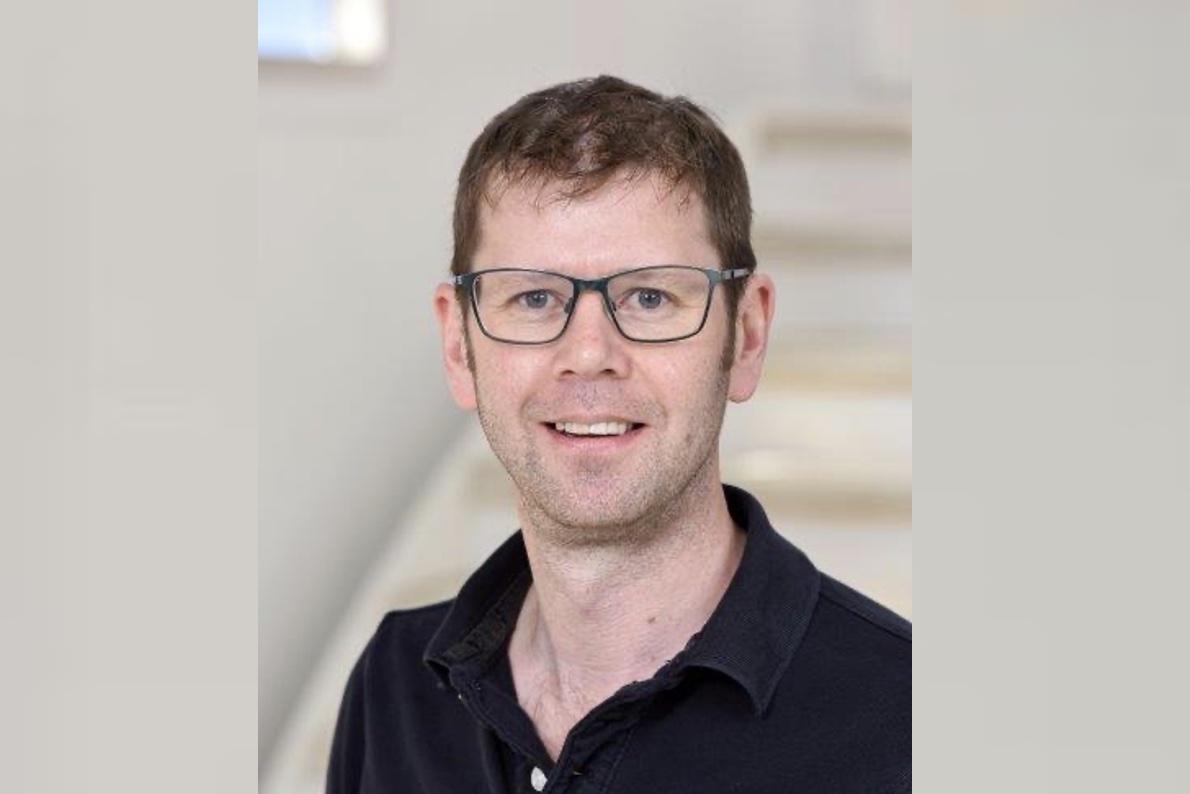
Dr Mark Light
Our nanomechanical and nanotribological testing expert is Dr Richard Cook, who undertakes specialist tests such as nanoindentation to understand the mechanics of surfaces at a very fine scale. An Associate Professor within the national Centre for Advanced Tribology at Southampton (nCATS), Richard has more than 10 years’ research experience in the field, including industry application-specific projects. Find out more about Richard.

Dr Richard Cook
For projects involving chromatography and mass spectrometry we liaise with Dr Julie Herniman and Professor John Langley, who head up Southampton’s Chemistry Chromatography – Mass Spectrometry Facility – one of the leading centres of its kind in the UK. Renowned for their expertise in this field and with over 60 years’ experience between them, they use the Facility’s cutting-edge instrumentation to find solutions for our clients. Find out more about Julie and John.
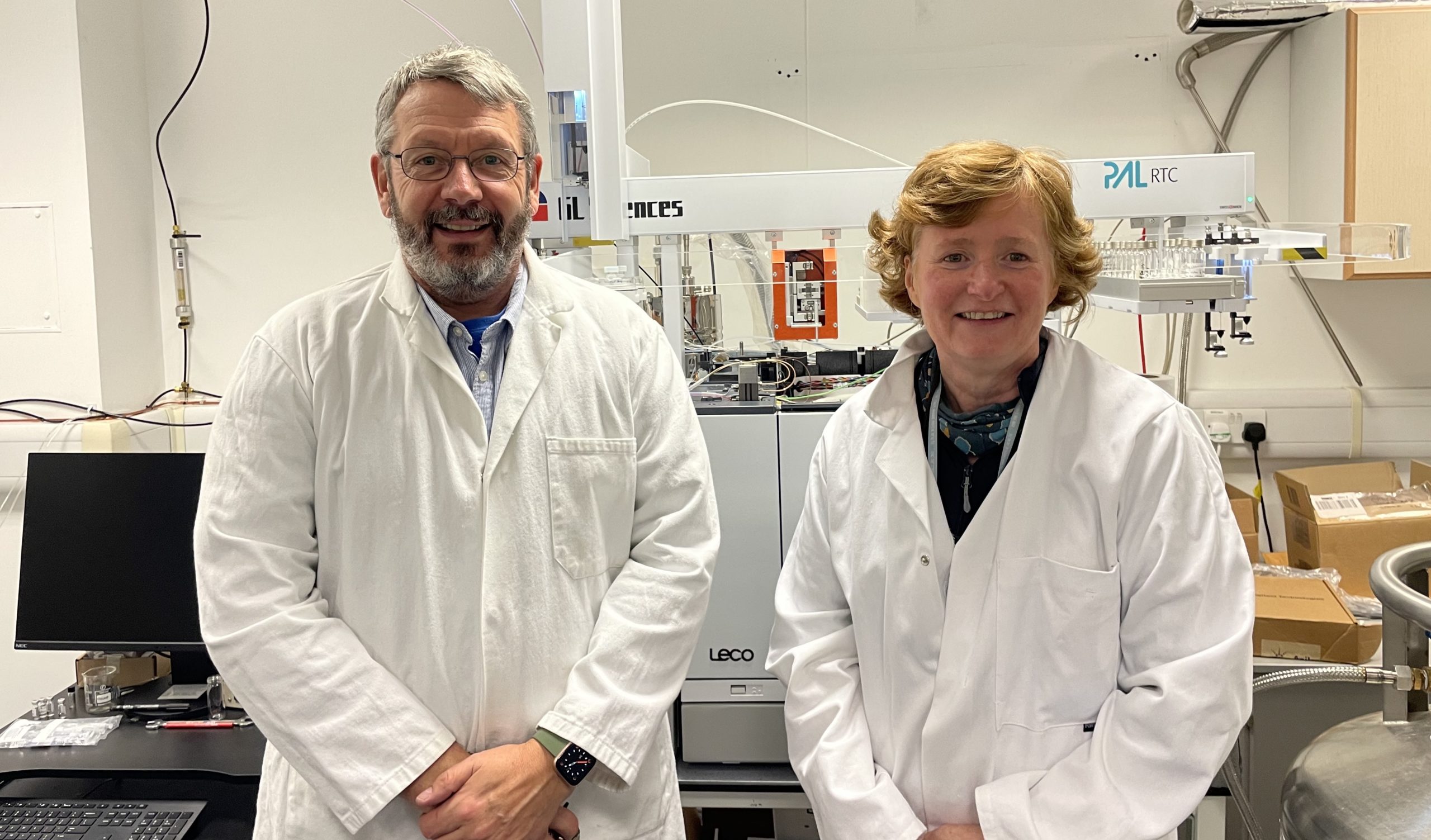
Professor John Langley and Dr Julie Herniman
Dr Neil Wells is an expert in nuclear magnetic resonance (NMR) spectroscopy and manages the University’s NMR Spectroscopy Facility. Having provided characterisation and analysis services to industry for more than 20 years, Neil brings a wealth of specialist knowledge to our clients’ projects, whether for quality control or developmental research. Find out more about Neil.
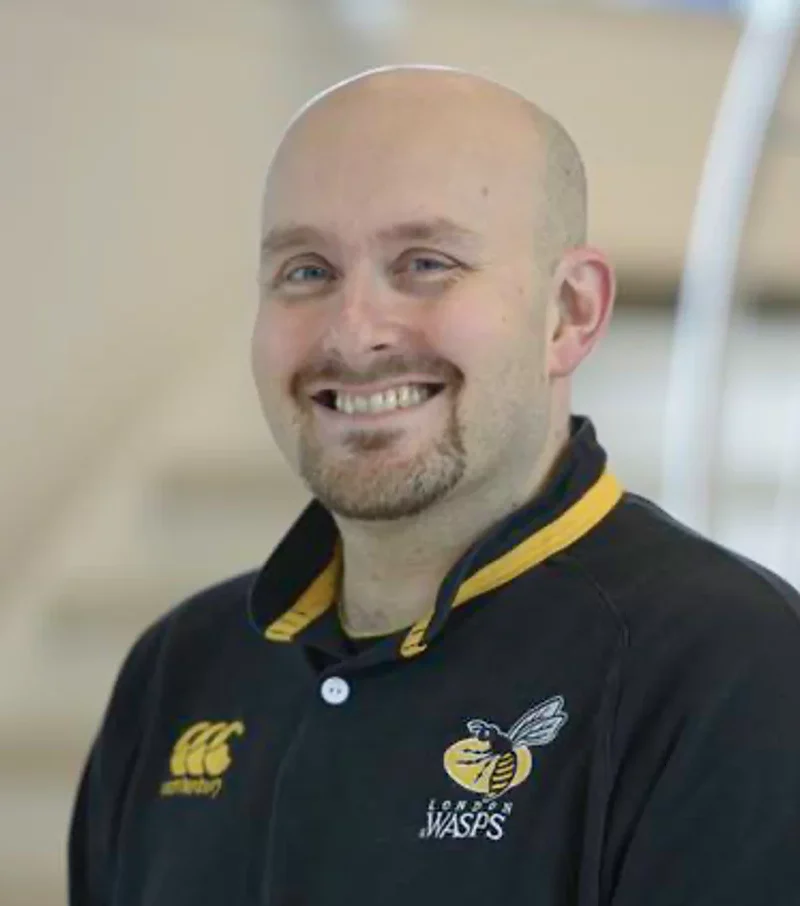
Where elemental or isotopic analysis is part of the solution for a client, we call on our colleagues at the Centre for Earth Research and Analysis Southampton (CERAS). Professor Andy Milton, Dr Matthew Cooper and Dr Agnes Macey-Michalik are specialists in these techniques, with the expertise to optimise samples and select from CERAS’s suite of instruments to get the data you need. Find out more about the CERAS team.
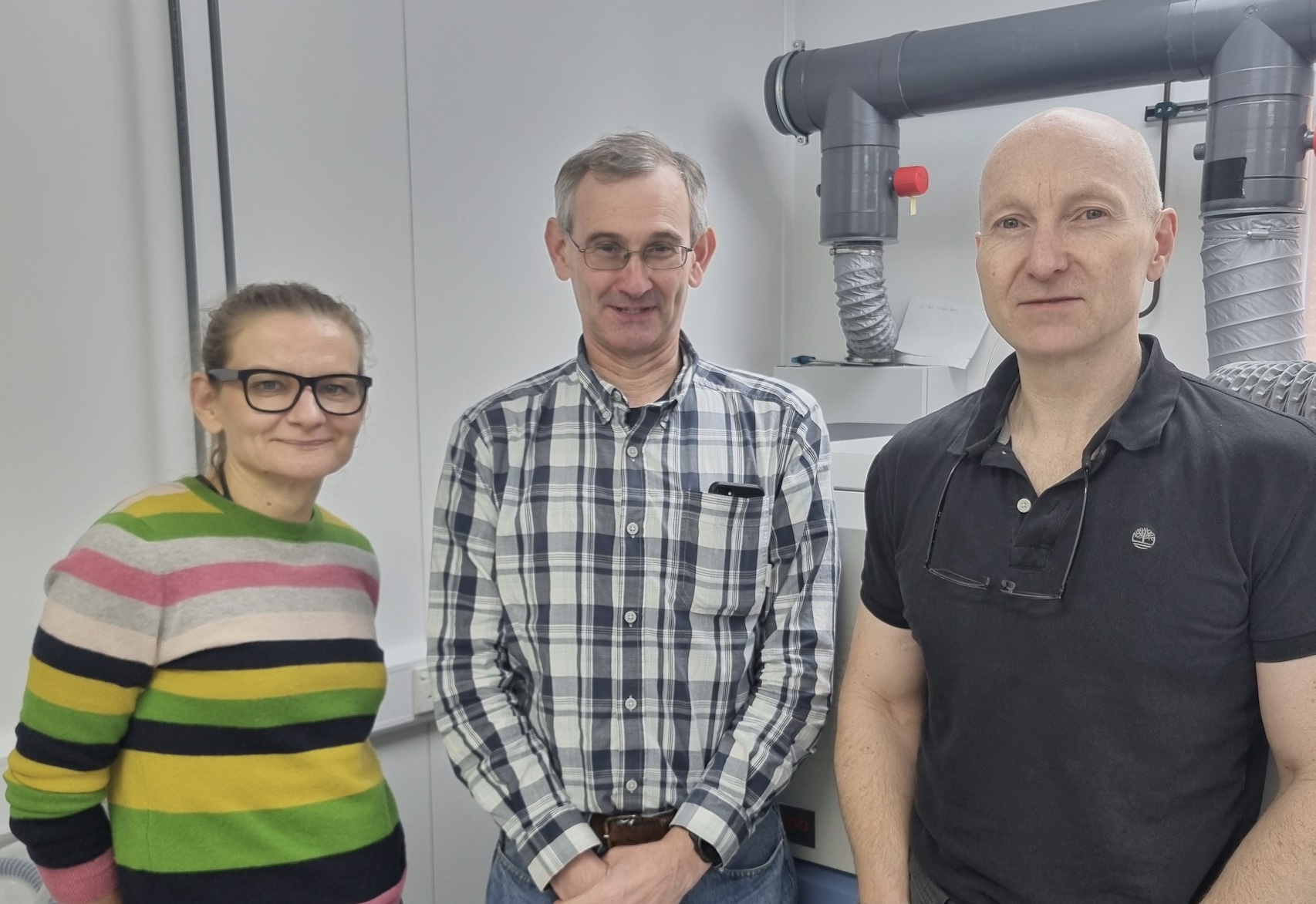
Dr Agnes Macey-Michalik, Dr Matthew Cooper and Professor Andy Milton, CERAS
What we offer
- Free initial consultation and bespoke quote, which may include free practice tests to determine the best test plan – if you’re not sure exactly what you need, we can advise you.
- A choice of packages to suit your requirements.
- Tests tailored to your needs, run by specialist staff in state-of-the-art labs.
- A comprehensive report including results and expert advice, plus a meeting to discuss the results.
Why choose nC2?
- An investigation, testing and analysis service of the highest quality.
- Access to specialised facilities and knowledge across the University of Southampton.
- Packages to suit your budget and requirements – whether you’re looking for a one-off test or support for a major project.
- Excellent customer service – we’ll keep you in the loop every step of the way.
- High levels of customer satisfaction.

